
Recommendation
Many business books provide just enough information to whet executives’ appetites for more advice accompanied by high consulting fees. Author Kees van der Heijden has written an exception. His comprehensive volume puts scenario building in historical context, explains its relationship to forecasting and tells you how to introduce scenario planning to your organization. Once you understand your corporate identity and your fundamental "Business Idea," he says, you can establish and enact informative scenarios that will prepare your company for several different versions of what lies ahead. In that way, scenario planning generates better decision making. getAbstract strongly recommends this book to top managers, strategists and planners, especially those who sense they’re making decisions on the fly without having a structure for thinking deeply about future implications.
Summary
About the Author
Kees van der Heijden teaches management at the Netherlands Business School, Nijenrode University, and Templeton College, University of Oxford. He is a co-founder of the Global Business Network and previously ran scenario planning at Royal Dutch/Shell.







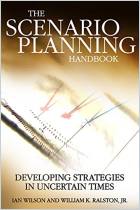
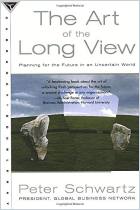
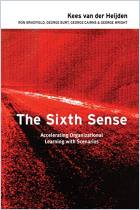
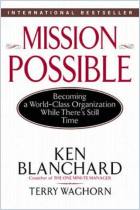
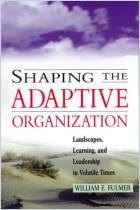
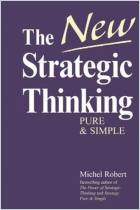




Comment on this summary or Start Discussion